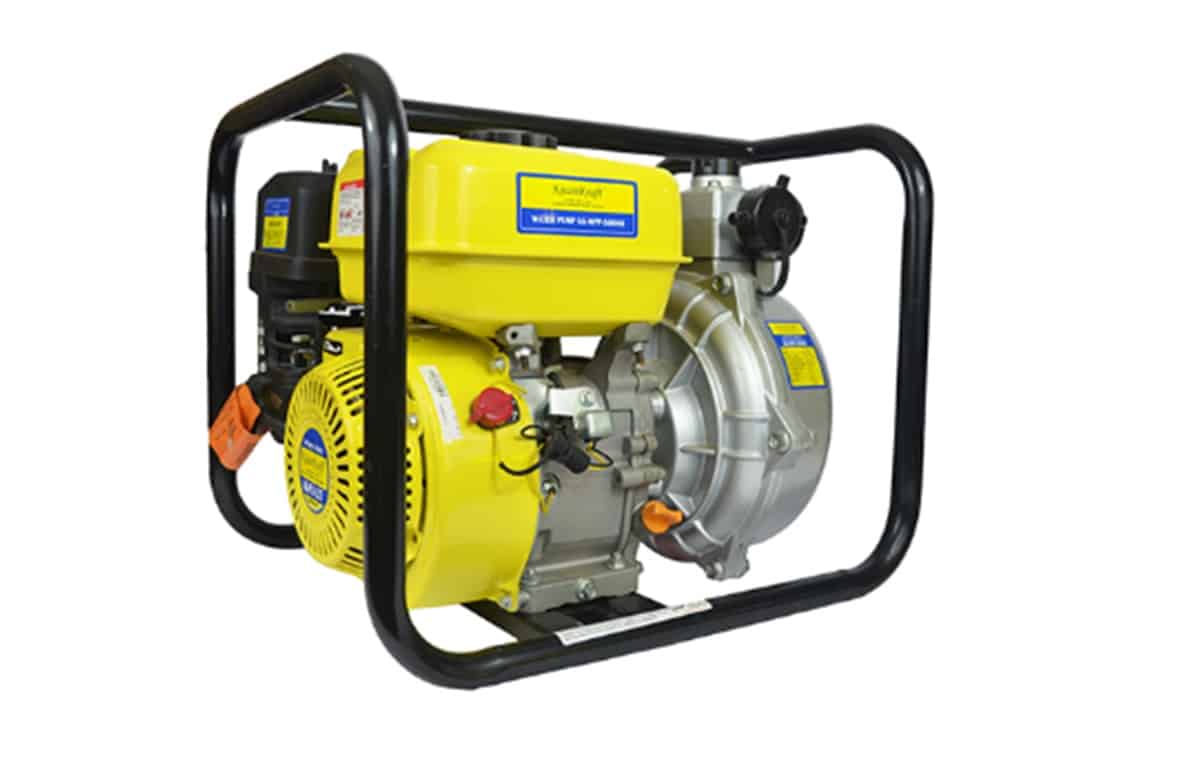Everyday, you must examine your bearings. Anything that is not in order, like vibration, noise, temperature of bearings, power consumption or vibration must be documented and be reported.
Check for signs of debris (twigs and stones, etc.) on the suction line. Pay attention to the sound produced by the pump operating – a high-pitched pop or clunking indicates a misalignment and cavitation.
Essential Pump Care
Consult a technician immediately if your water pump is experiencing issues, such as the pressure is low. This could be a sign that your water pump getting close to its expiration. This could be as straightforward to identify a circuit breaker that has tripped or a tank with a low pressure. If the problem is addressed quickly, it will prevent the need for costly replacements.
Inspections on the pump’s water supply are essential to identify bom cuu hoa potential damages or other anomalies. The pump needs to be flushed and cleaned throughout these inspections to eliminate the buildup of sediment and sand. Water pump should be checked for cracks, rust and any other issues.
The wear and tear of the bearings could cause strange noises or vibrations in your water pump. This can affect the performance of your pump, lead to energy losses and decrease its lifespan. If you ignore the warnings, you could be prone to further problems.
Preventional Maintenance
Pumps are essential to keep facilities functioning, but if they are improperly maintained, they could quickly fail and cost a lot of money. Preventative maintenance reduces emergency costs which include overtime, downtimes of machinery, the delivery of overnight parts, and more.
For your pump to perform optimally, it is important to conduct periodic inspections. Inspections can find a myriad of problems, like the high pitched noises (squealing) as well as the slow grinding of gravel inside the pump.
A great way to ensure that your pumps run at optimum efficiency is by implementing a comprehensive routine of daily, weekly and monthly maintenance. Checks for visual inspections, oiling differential-pressure check, evaluation and shaft alignment are all a part of your routine. You should also inspect the shaft bearings to ensure they are not pitting, scoring or grooves and make sure that the seal’s mechanical integrity isn’t damaged.
Tips for Long-lasting Water Pumps
Maintenance that is preventive is the ideal way to prevent many problems in water pumps. The tasks include contamination of the coolant by oil or other materials and checking the tank to see if there are air pockets and examining the impeller blades regularly. The above tasks must be completed regularly to keep water flowing and prevent costly repair bills.
Other important preventive maintenance includes keeping the pump clean. It is crucial to empty the casing so that it can prevent rust or other corrosion from damaging the internal components. Storing the pump in a dry area helps to minimize the risk of corrosion.
Inspecting the oil in your water pump regularly is a good idea too. The oil is used to provide lubrication to rotating parts. Additionally, it helps reduce friction that can lead to wear and tear.
How do you maintain industrial water pumps?
Pumps are the cogs that ensure your business is running smoothly and it’s easy to forget the importance of them. A failure of a pump can pose a serious problem for your business.
Maintaining a checklist of maintenance is crucial to maintaining your equipment. This can help avoid expensive repairs, production loss or unnecessary expenditure.
It is crucial to examine the electrical connections of a pump, noise and vibration, and the lubrication system of the drive leaks, as well as others. The monitoring of operating parameters like RPM, differential pressure and efficiency point, power requirements as well as voltage and amperage will aid in determining if your pumps are not running optimally.
Removing the wet end and replacing the seal mechanically are an essential part of the maintenance routine. The seal’s mechanical component will stay well-lubricated, and will prevent excessive corrosion. Consider storing your equipment on pallets, or blocks to limit the impact caused by flooring or other equipment. Cover your equipment with an unclean, dry tarp, to avoid condensation.

